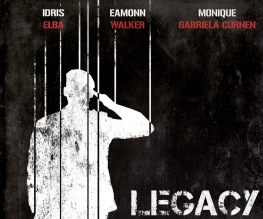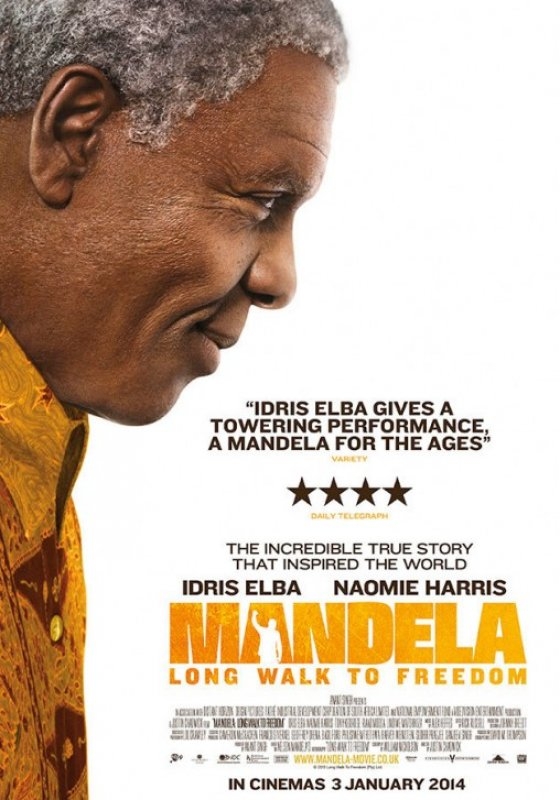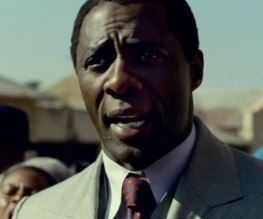Legacy: Black Ops

Look deep down inside yourself and be honest. Hopefully, you’ll come to the realisation that The Wire was basically an excuse for The Guardian to gurgle on and on about gritty authenticity and of the TV-show-as-visual novel. It’s sad, then, that everyone who wet themselves at the prospect of writing a weekly blow-by-blow blog about The Wire will ignore Legacy: Black Ops. Even though it has Idris Elba (who played Stringer Bell) in it, and even though the only way on earth that anyone will hear about it at all is because The Wire is instrumentalised in the marketing so much. The Wire was a TV show that people liked because they were told that they should like it. Legacy: Black Ops is a film that, due to its cavernous flaws, will take a long time to learn to love.
Malcolm Gray (Elba) is basically the equivalent of a hero cop, but with bigger guns and a bigger attitude. When he gets captured in a mission that gets all Gallipoli, he’s taken hostage and tortured. When he is finally released, a little worse for wear in the mental health department, Gray locks himself away in a grimy hotel to chalk up his brain so that he can get a grip. His self-incarceration and insane-in-the-brain interior monologue, results in his coming to some pretty gnarly conclusions about his life, his career, and the suspicious, nigh-on-nefarious, dealings of his senator brother (Eamonn Walker).
Legacy: Black Ops attempts to make lots of different points that are all as doo-lally and derivative as each other. There’s some stuff about what really goes on behind the scenes in the military, which comes off like Sky One’s Ross Kemp Explores The Intricacies of Foreign Policy. There’s some stuff about the brutalising effects of sustained exposure to violence, which explores post-traumatic stress with as much insight as Taxi Driver’s Travis Bickle appearing in The Vagina Monologues. All the while, the phone is ringing in Gray’s hotel room. Why doesn’t he pick it up? Could it be his wake up call? Or could it be a team of lawyers calling, pointing out that this film’s visual metaphors are actually the copyright of the Estate of Roman Polanski?

However, these flaws are eminently forgivable when we take into account that this is Thomas Ikimi’s first feature film. Written, directed, and produced all by himself, it smacks of straight-out-of-film-school sincerity. It’s all fluttering technique, and it can’t help but feel like a patchwork quilt of already successful films, coming out smelling strongly of mothballs. This isn’t necessarily a bad thing, and there’s more than enough promise here for Black Ops to be something to return to, once Ikimi has made his mark. Indeed, in about fifteen years, it will probably prove to be very of its time – like a demented recipe book for making early-21st century psychowaffle-political-action-thriller flicks.
However, sadly, the length and breadth of Ikimi’s ambition overstretches Black Ops. It attempts to make all these super-serious points without ever developing any of them, and everybody’s’ brain muscles ache with trying to keep up. It also has a truly juvenile and pointless ending – sort of a cross between Taxi Driver and the video for Pearl Jam’s Jeremy – and ultimately you can’t help but feel as though the effort of watching it was, all in all, absolutely bloody pointless.





Recent Comments